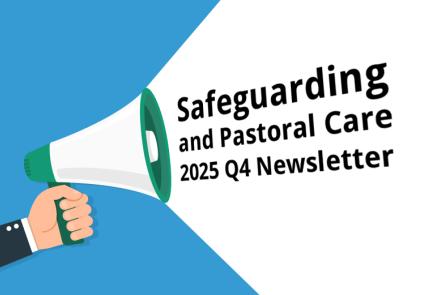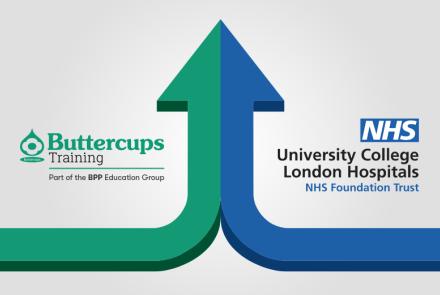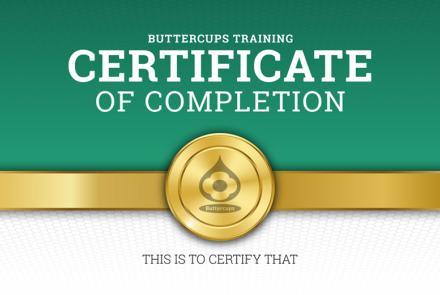World Antibiotic Awareness Week, 12th - 18th November 2018
The World Health Organisation (WHO) defines the appropriate use of antibiotics as “the cost effective use of antimicrobials which maximises clinical therapeutic effect while minimising both drug related toxicity and the development of antimicrobial resistance”.
Antibiotic Awareness Week aims to reinforce the continued effort to encourage behaviour change, not only for the public but also healthcare professionals in reducing inappropriate prescribing and use of antibacterials.
Antibiotics are a precious resource and in order to get the best out of them we must use them efficiently and appropriately.
Microbes develop resistance to antibacterials due to exposure to sub therapeutic doses or due to microbiological resistance. The latter refers to the microbe being resistant to the mechanism of action of the antibacterial and this may be ‘primary’ or ‘secondary’. Primary is when the microbe already possess resistance regardless of the antimicrobial being present. Secondary resistance is acquired by a mutation on cell reproduction, it is the mutated cell which survives whilst others die, and thus they reproduce further, akin to natural selection.
A coupling of the lack of development of new antibiotic agents and the presence of more complex microbial organisms highlights that this issue is a global public health concern. According to the WHO, if resistance continues rise, by 2050 it would lead to 10 million people dying every year. How is this possible? If resistance to infections continues, this will effect conduct of routine operations and have vast impact on immunocompromised patients, who rely heavily on antibiotics to survive.
The UK government’s most recent five year strategy to combat antimicrobial resistance was initiated in 2013. This strategy had three main aims, which if taken as a sector wide approach within pharmacy, can contribute even more so to tackling antibiotic resistance.
1. To improve knowledge and understanding of microbial resistance
Every day, six million people visit a pharmacy within the UK, here we can ensure we make every contact count (MECC) by trying to encourage behaviour change and a viewpoint of the importance of antibiotic resistance. Explaining self limiting conditions and why they don’t always warrant antibiotic intervention can manage patient expectations if they decide to visit their GP. For example, Sinusitis can take up to 21 days for an individual to feel better or a sore throat can last 7 - 8 days. In addition to this, highlighting the differences to the patient between viral and bacterial infection is paramount. This in conjunction with conveying the importance of infection prevention methods such as practising good food hygiene, washing hands regularly and avoiding contact with people who are unwell (where necessary).
2. Conserve and steward the effectiveness of existing prescribing
We can support rational evidence-based prescribing through guideline development, as well as continuing to council patients on the importance of only using antibiotics as prescribed, completing the course, and to never to share any leftover antibiotics. Alongside this strategy the government has also set a target to reduce inappropriate prescribing of antibiotics by 50% by 2020. This forms part of the antimicrobial stewardship “movement”. This further solidifies the role and the obligation of the pharmacy team in preserving the effectiveness of our antibiotic resources, by the means described above - this is known as antimicrobial stewardship (AMS)
3. To stimulate the development of new antibiotics and therapies, where pharmacists are involved in Pharma research and development.
It is important to remember that this is not just about the pharmacy team or other healthcare professionals, but also the general public. In 2014, Public Health England developed an initiative known as Antibiotic Guardian, whereby individuals can make a pledge on what they will implement to help tackle this issue. It ranges from accepting GP advice in situations where antibiotics are not required to finishing antibiotics as prescribed.
It is important to remember that this is a global initiative and we all have a responsibility to play our part.
References







